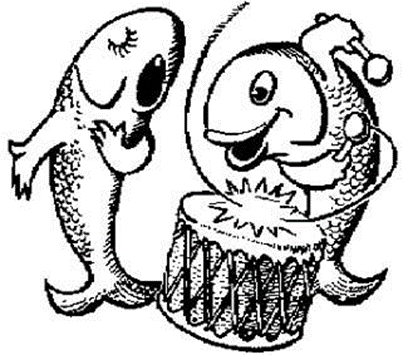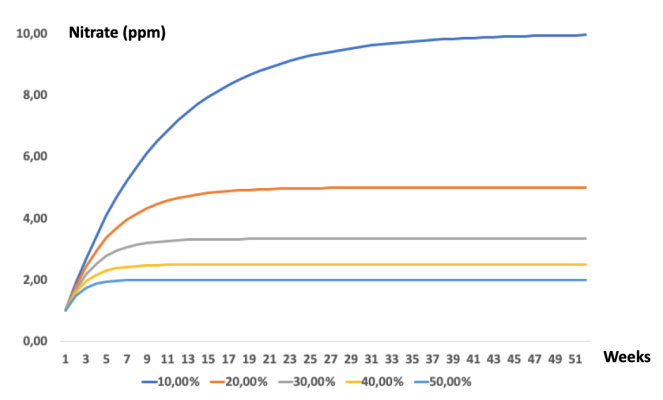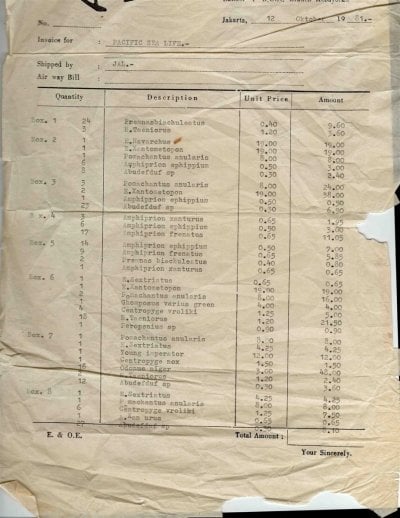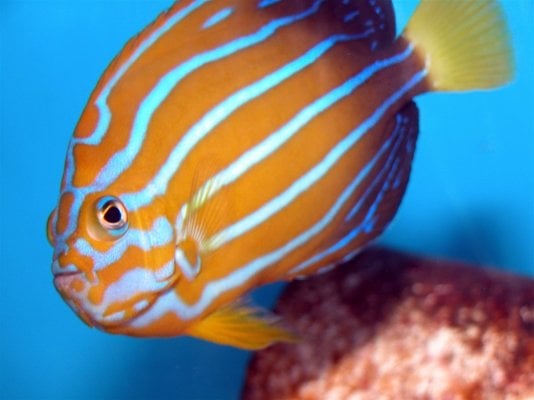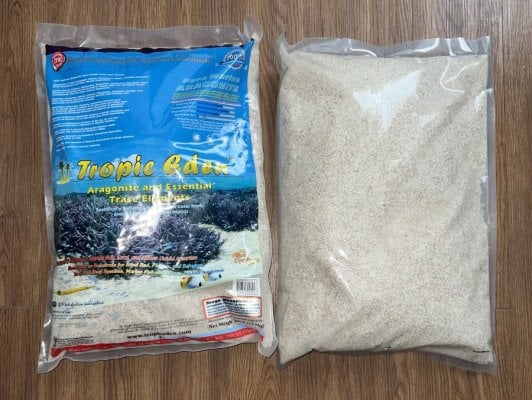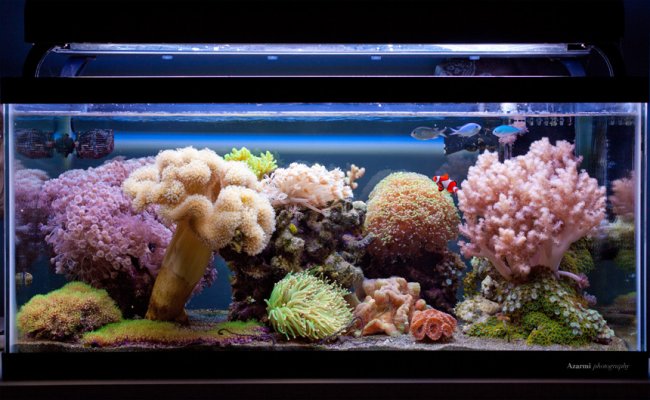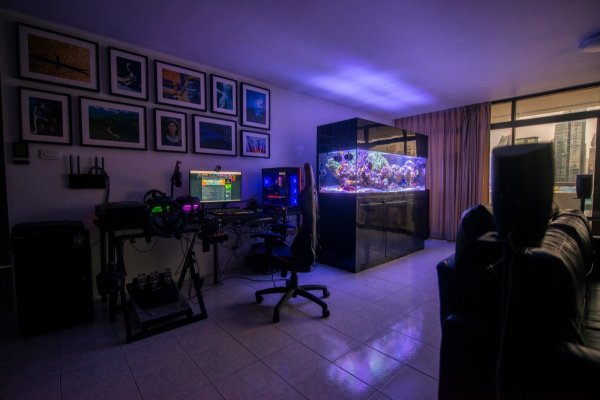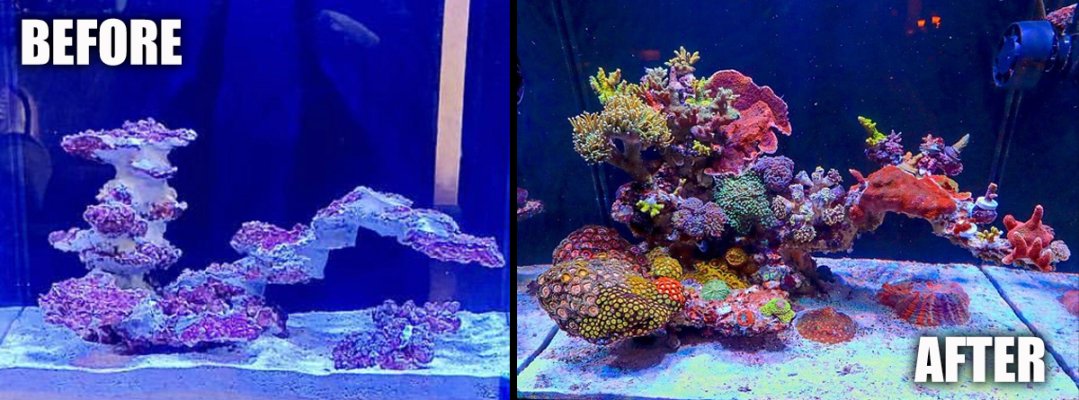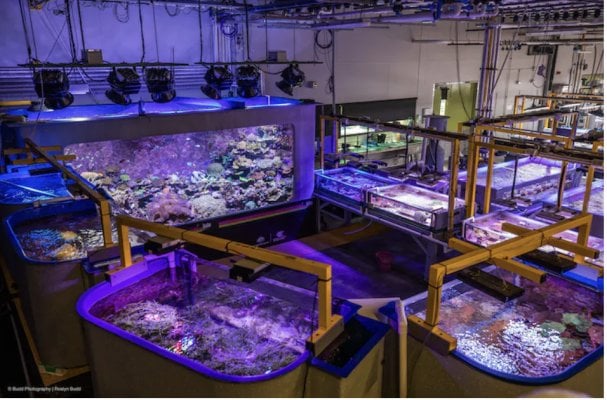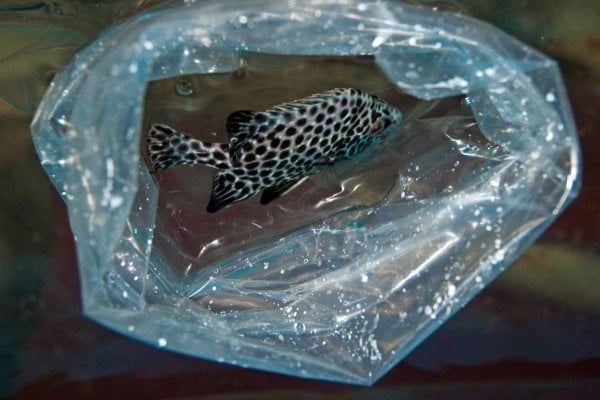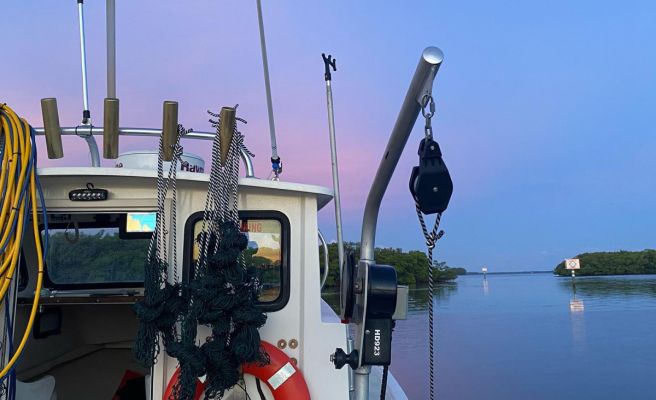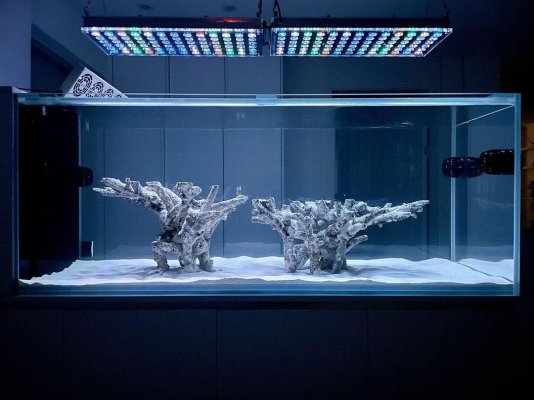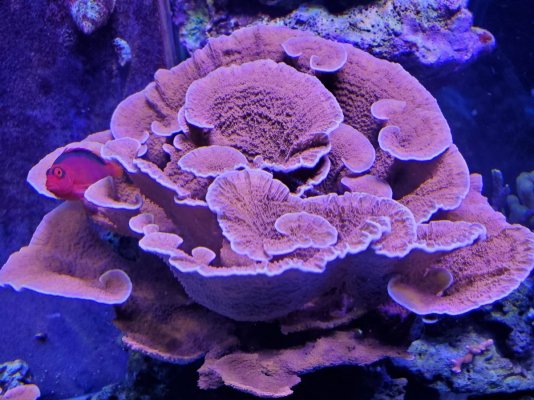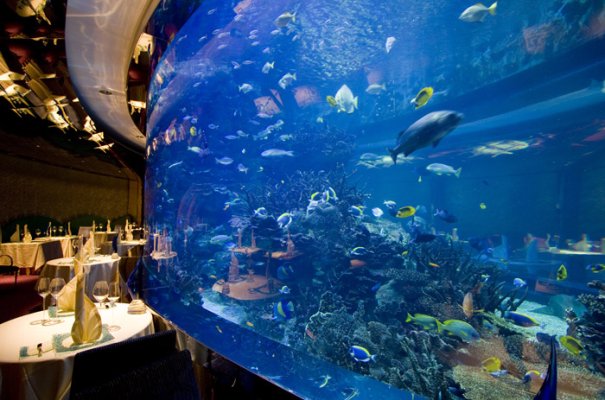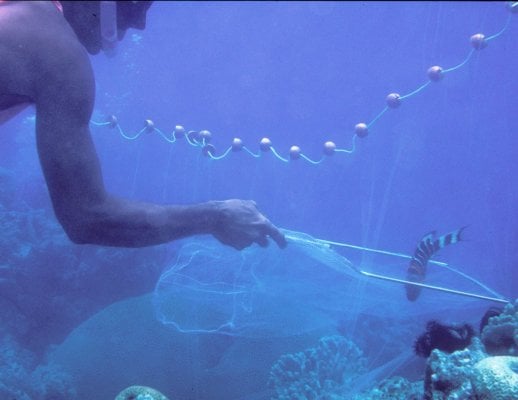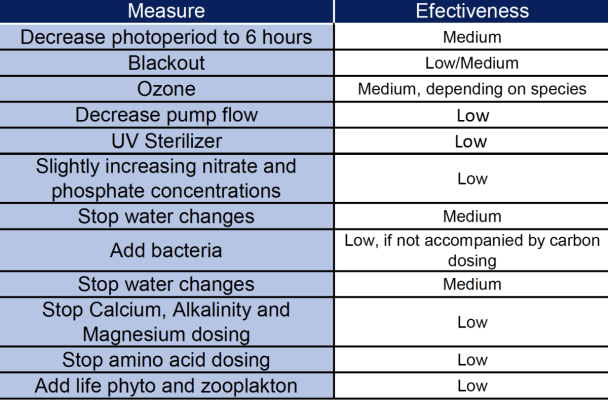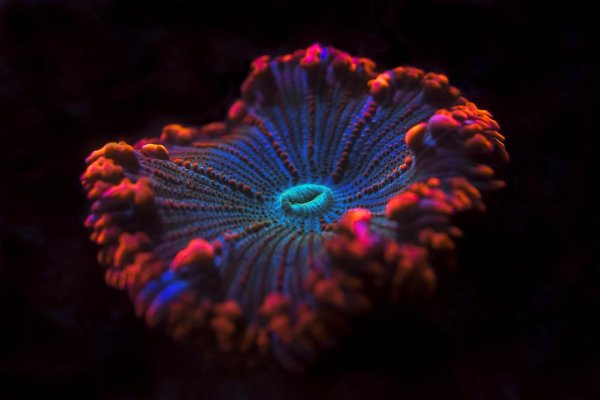Navigation
Install the app
How to install the app on iOS
Follow along with the video below to see how to install our site as a web app on your home screen.
Note: This feature may not be available in some browsers.
More options
You are using an out of date browser. It may not display this or other websites correctly.
You should upgrade or use an alternative browser.
You should upgrade or use an alternative browser.
General Saltwater Aquarium
Categories
-
-
SPS Corals 14
-
LPS Corals 11
-
Zoanthids 10
-
-
Inverts 25
Filters
Show only:
Loading…
Drum and Croaker
http://drumandcroaker.org/
Drum and Croaker is a non-peer-reviewed journal that has acted as an "informal organ" for public aquarium professionals since 1958. It has a long history of providing a forum for the exchange of basic information - and occasional humor. It was...
One of the main challenges facing any reef aquarium hobbyist is the maintenance of water chemistry conditions within recommended ranges. This maintenance involves the removal or reduction of detrimental compounds (e.g., excess phosphates and nitrates, biological toxins, etc.) along with the...
This article is a bit of a mashup – combining portions of a previous public aquarium article on animal sustainability, with some longevity data and fish pricing through the supply chain. To read the article, click on the PDF link to the right of the page.
Aquarium Myths and Misinformation
c. 2023 Jay Hemdal
Over the last 50 years, I’ve heard a number of myths and possible misinformation applied to aquariums and the husbandry of the animals contained in them. Most of these seem to go unchallenged; at least they keep showing up online, long...
Algae, unavoidable companions.
Algae are undoubtedly one of the inhabitants of a reef tank that cause the biggest headaches to hobbyists. In a world idealized by aesthetics, we might wish that these living beings were out of our system, however, this wish makes no biological and ecological...
image via @Reefahholic
Unveiling the Perfect Bed: Choosing the Right Substrate for Your Saltwater Reef Tank
Welcome, reef enthusiasts! When it comes to creating a thriving saltwater reef tank, one crucial decision often overlooked is choosing the right substrate. The substrate not only...
image via @razarmi
Ready for Reef Stars: Identifying the Perfect Time to Add Coral to Your Aquarium
Hey there, reef lovers! Are you so excited and think you're ready to introduce the "stars of the show" to your saltwater aquarium? You can't have a reef tank without coral can you? Well we're...
image via @JMacedo and his Reef Of TheMonth
10 Considerations for Setting Up Your New Saltwater Reef Aquarium
Setting up a new saltwater reef aquarium is an exciting venture that requires careful planning and consideration. As a community of avid reef hobbyists we have compiled a list of the...
Aquascape before and after images via @Queenofreef
The Importance of a Well-Designed Aquascape for a Reef Aquarium
Creating a captivating and well-designed aquascape is not just about aesthetics; it plays a crucial role in the success and health of a reef aquarium. The art of aquascaping...
A Review of “Diseases in coral aquaculture: causes, implications and preventions” (Sheridan et al. 2013)
Written by: Keith P. Kovatch
R2R name:Keko721
The following is a review of the article written by Sheridan et al. (2013) which takes an in depth look at the various types of...
Acclimating Animals to Aquariums
Jay F. Hemdal c.2020
Introduction to acclimation techniques
Most beginning aquarists hear that they must “acclimate” any new animals they add to their aquarium. Acclimation (sometimes termed “acclimatization”) is simply the process of gradually adapting...
I've been a Tampa Bay Saltwater customer for more than a decade now and have started at least half a dozen saltwater reef aquariums using their rock, sand, and clean-up crew. TBS is an amazing asset and resource for hobbyists in the USA. In this article, I hope to offer some insight into their...
Most beautiful and elegant aquascape reef tanks layouts for living areas with Orphek Atlantik iCon Reef LED Lighting
Orphek Atlantik iCon over reef aquascaping tank under constrations
Today’s post is about integration of reef aquariums as elegant, creative, serene and even striking decorative...
Snake Eels: The Safe Moray Alternative?
by @Slocke
Myrichthys Colubrinus - The Banded Snake Eel
Snake eels are a more rarely seen but available eel in the aquarium hobby but are they a viable option for someone looking for a more unusual eel?
Quick Guide
Care Level: Moderate
Aggression...
REEFERS’ RULES
According to @ReefGeezer
I found this information on an old CD that I was getting ready to discard. Yep… I still have one computer with a CD- ROM! The file creation date was in May of 2004. I thought the information might be useful and decided to dust it off and share it. I did...
Orphek and Public Aquariums, a long lasting love affair – Part I (Middle East)
Since the very beginning of Orphek, Public Aquariums have been a passion of its founders
Aquarium illuminated by Orphek at Oman Muscat Mall Aquarium Photo credit: Cardenas Mary Joyce
In today’s post we will address...
Ricordea yuma - A Joy to Own
Albert Thiel
(reprint from R2R thread - January 14, 2013)
Often referred to as "Yumas", these are not true corals and not true anemones either, but somewhere in between a mushroom and an anemone. Hence the many common names given to them that may include several...
Sourcing Marine Fishes and Invertebrates
Experienced aquarists are aware that fishes from different regions of the world can have different levels of sustainability when acquired for their aquariums. The reasons for these differences may include collection technique (the use of cyanide for...
THE PROBLEM
As is well known, dinoflagellate pests in the reef aquarium are perhaps the worst that we will face during the life of our system. These pests are quite difficult to eradicate because dinoflagellates have a great capacity for reproduction, propagation and survival. In addition...
Advanced Topic
Rock, Flower, Papers: A review of journal articles about Rock Flower Anemones (Phymanthus crucifer)
Rock, Flower, Papers: A review of journal articles about Rock Flower Anemones
(Phymanthus crucifer)
written by @Peace River
(cover photo by OrlandoReefer)
Rock Flower Anemones (RFAs) are common anemones that are kept in marine and reef aquariums, and they are widely available throughout the...


